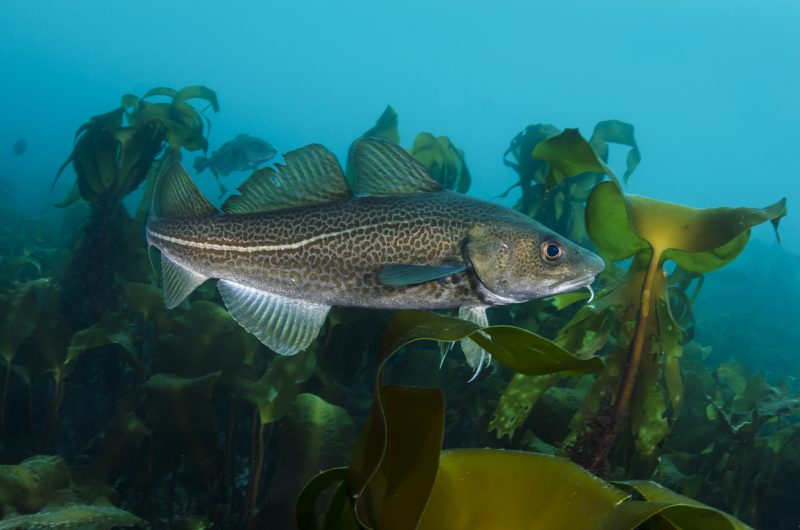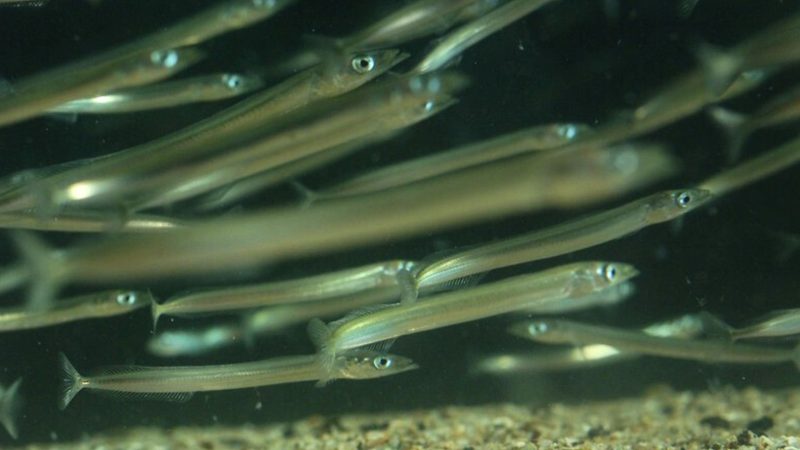One of the categories at this year’s Ocean Awards, held in association with BOAT International, is the Science Award. Each of the four nominees has made a significant contribution to a peer-reviewed publication or study that has benefitted global marine conservation or ocean health. The 2022 Ocean Awards provides the perfect setting to shine a light on the crucial work that stems from the academic world. Here are this year’s Science Award nominees…
Carlos Duarte
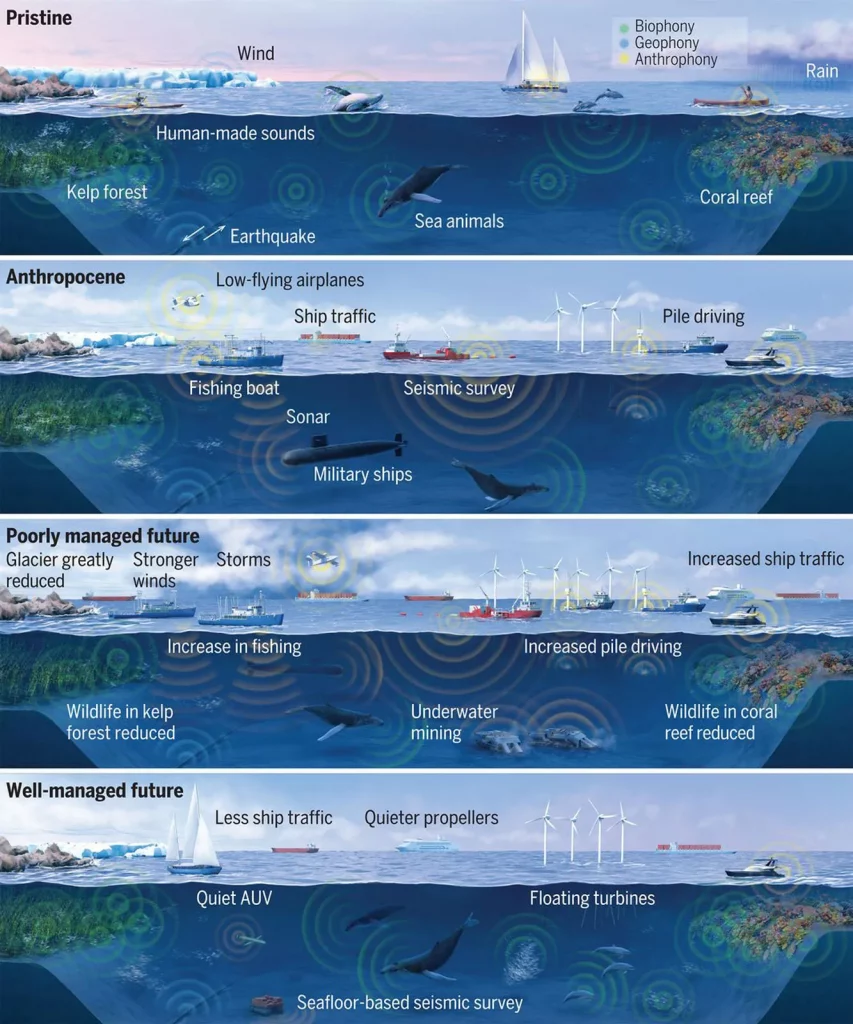
Research Institute: Kaust University
Prof. Carlos Duarte, a diver with almost 40 years of experience, published a paper entitled The Soundscape of the Anthropocene Ocean in 2021. His work provides an alarming review of the impacts of anthropogenic noise (human noise pollution) on the ‘soundscape’ of the ocean.
Duarte, who suffered the effects of human noise pollution first-hand when working in the Philippines, has revealed a gap in understanding of the impacts of noise on diving birds and sea turtles. One of the critical assessments was how dampened soundscapes impact the hearing of larvae that attempt to navigate suitable habitats, leaving them vulnerable to starvation and predators. The article gained significant traction in the mainstream media and was picked up by the likes of Forbes and The New York Times.
One of the potential solutions Duarte has outlined is retrofitting boats with improved propellers – even applying this change to one-tenth of the fleet would have widespread benefits, according to the Ocean Award nominee.
Peter Macreadie
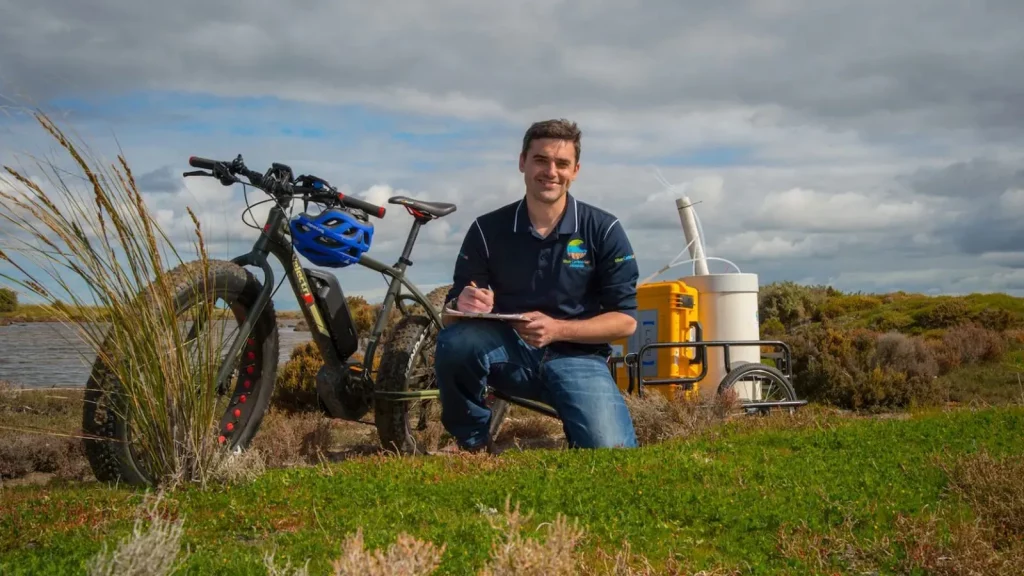
Research Institute: Deakin University – Blue Carbon Lab
Peter Macreadie is a Professor of Marine Science at Deakin University and is the Head of Deakin University’s Blue Carbon Lab. Macreadie’s paper, entitled Blue Carbon as a Natural Climate Solution, estimates the global potential of blue carbon (mangrove forests, seagrass meadows, and tidal marshes) as a natural climate solution. Macreadie has compiled widespread data and found that halting the destruction of coastal wetlands could avoid 304 million tonnes of carbon emissions every year.
The paper provided an overview of blue carbon hotspots, explained why blue carbon accumulated more in certain areas than others and outlined what could be achieved if all blue carbon habitats were protected and restored. Macreadie notes that the figure could be an overestimate due to delayed protection and restoration. It could also be seen as conservative, as it doesn’t include seaweed and other non-traditional blue carbon habitats.
The paper also covers the operationalisation of blue carbon markets, financial issues relating to the market, and the current scientific ability to accurately measure carbon stocks, as well as legal governance issues and social challenges.
Madeline Evans and Christopher Ruf
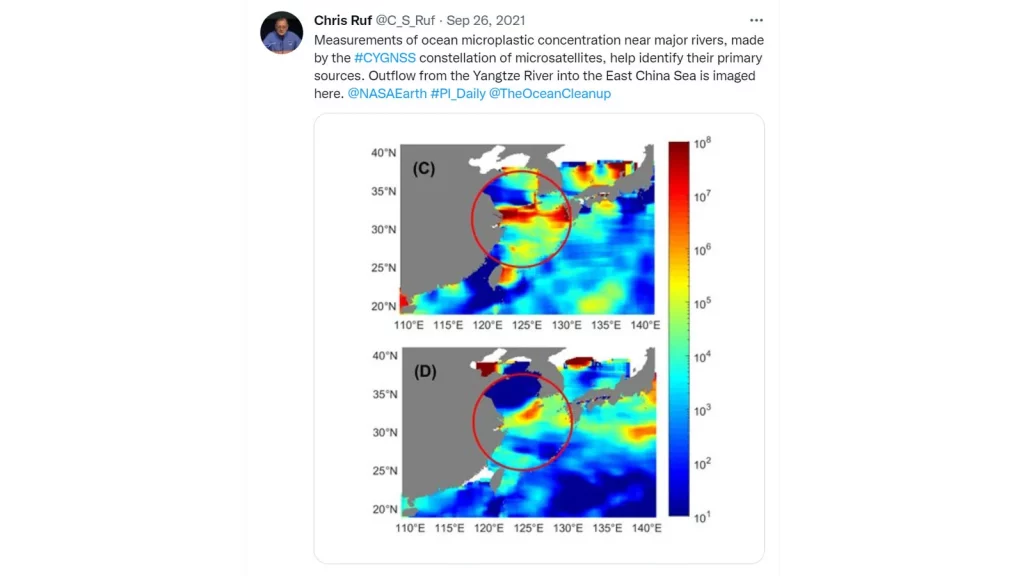
Research Institute: University of Michigan
Madeline Evans and Prof. Christopher Ruf have developed a new method for detecting and imaging ocean microplastic concentration using a constellation of spaceborne radars. As things stand, microplastic data is currently sourced from research boats that tow gigantic, meshed nets, which can only map small areas at a time.
Evans and Ruf’s technology goes some way to solving this issue by using a network of eight microsatellites that measure how wind roughens the surface of the ocean. These act as an indicator that can be used to detect and track large concentrations of microplastics.
Prof. Chris Ruf is part of the Task Force on Remote Sensing of Marine Litter and Debris (UNESCO/International Ocean-Colour Coordinating Committee) and the former Editor in Chief of the IEEE Transactions on Geoscience and Remote Sensing. Madeline Evans is a Research Assistant with the Department of Climate and Space Science and Engineering at the University of Michigan.
The Ocean Awards is held in partnership with BOAT International. View all of this year’s Ocean Awards finalists here.


